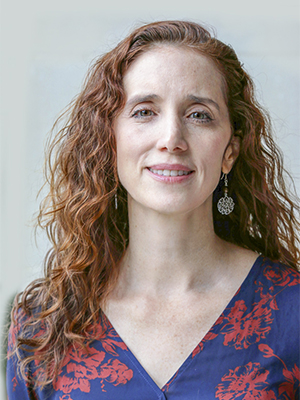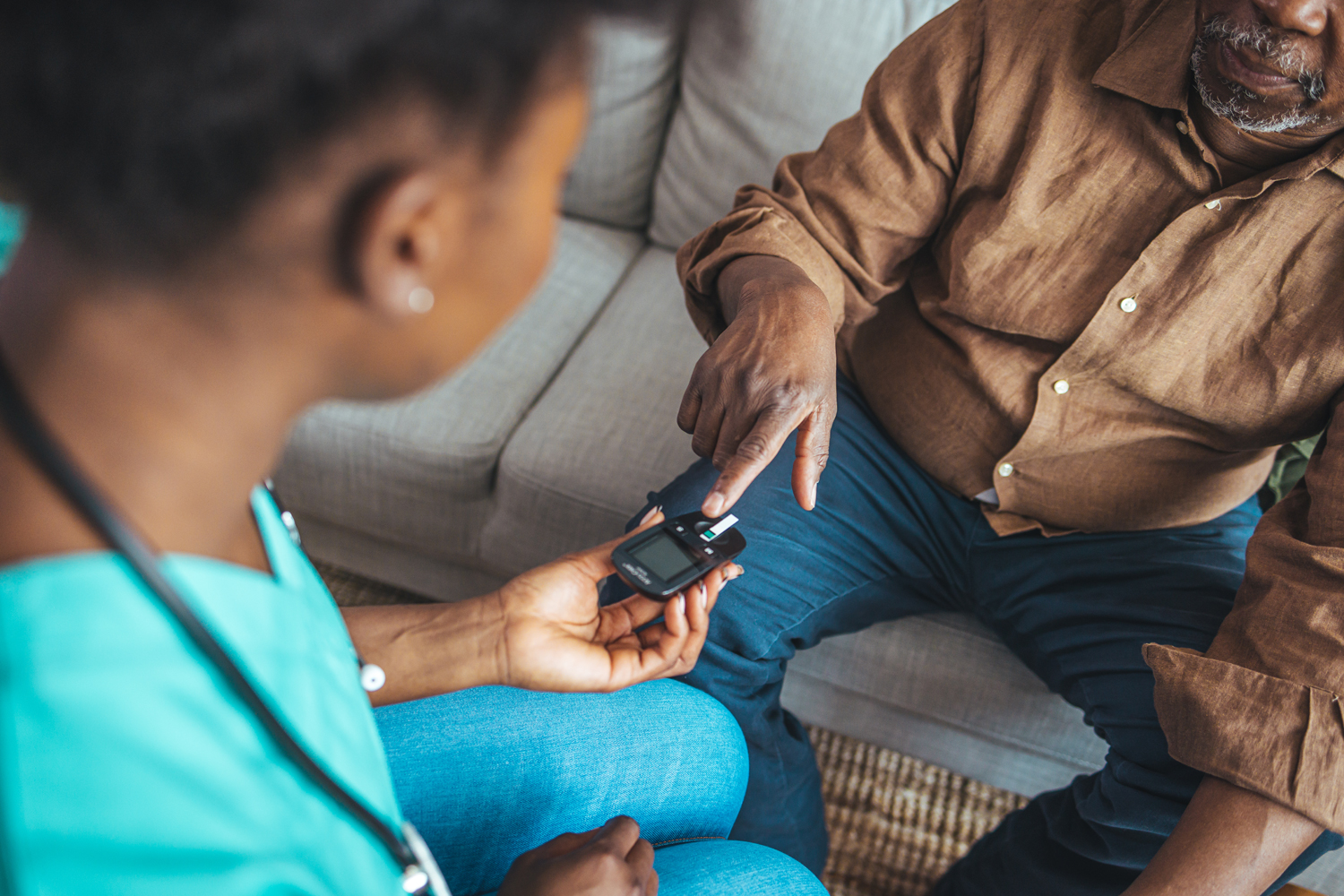
K.J. Bannan Photo by Suz Redfearn
SHORTLY AFTER MY FATHER-IN-LAW was diagnosed with a second cancer called Merkel cell carcinoma in 2023, he started having trouble completing tasks at home. As this rare skin cancer spread across his face and around his head, my father-in-law, who had also been diagnosed with non-small cell lung cancer in 2020, had trouble with tasks, like getting out of bed and making meals.
My husband, who couldn’t be there all the time, needed to find help. He researched and called multiple home health care agencies. In addition, he took several flights back and forth from our home in New York to meet with potential caregiving candidates in Tampa, Florida, where his parents lived.
Finding help at home can take time and patience. “Since the person is in your family’s home for hours a day, it has to be a good fit,” says Christina Irving, a licensed social worker and the client services director at the Family Caregiver Alliance based in San Francisco. “And in most cases, you’re not going to know if it’s a fit until you give it a try.”
One of the first steps in finding help at home is knowing what services you’re looking for. Initially, we brought in a personal care aide, who got along well with my in-laws and could help with tasks such as cooking and cleaning. As my father-in-law’s cancer advanced, we added a certified nursing assistant (CNA) who handled medical tasks, including changing his wound dressings and giving him morphine.
There are many different types of home care aides—but CNAs and home health aides typically receive some medical training. Personal care aides do not need to have any specialized medical education. If you are looking for help with medications, like we were, you’ll want someone with medical expertise, and you’ll want to ask about their prior experience and certifications.
Irving notes that word of mouth can be powerful in locating good home health care providers. “It’s not a guarantee that you’re going to find somebody, but talking to other caregivers who have used someone or with the agencies that they’ve worked with is a smart idea,” she says. She adds that social workers in hospitals also can make referrals.
If you’re hiring someone who isn’t affiliated with a home health agency or a health care facility, Irving stresses getting a background check and plenty of references. No matter who you choose to bring on, she recommends that you stay close by to ensure they are professional, kind and respectful to your loved one. “Think about having neighbors or other people drop by unexpectedly sometimes, too, just to make sure that everything seems to be going as you would hope it is,” Irving says.
Cancer Today magazine is free to cancer patients, survivors and caregivers who live in the U.S. Subscribe here to receive four issues per year.





